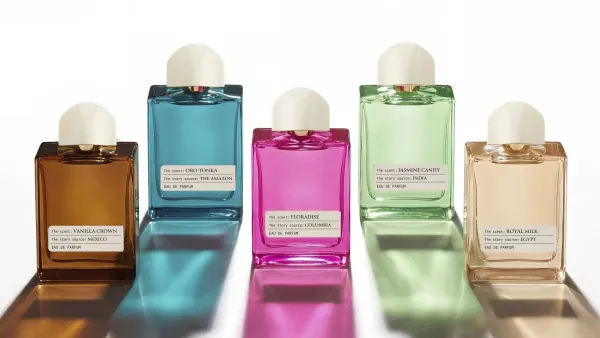UPDATE: January 18, 2019: Tempur-Pedic's motion for a preliminary injunction in its suit against Mattress Firm was rejected, according to court documents filed Jan. 11, on the basis that Tempur-Pedic had not sufficiently proven its case. "Upon balancing all the factors, the Court finds that while there is a possibility of consumer confusion between the Therapedic Premier line and the Tempur-Pedic's Pro-Adapt line, this possibility does not rise to the level of a probability," the documents read. The parties submitted, and were granted, a joint motion to stay the case until Feb. 25 while they negotiate and attempt to resolve the case.
Dive Brief:
-
Over a year after Mattress Firm and Tempur-Pedic broke ties over bad contract negotiations and sued each other shortly thereafter, Tempur-Pedic is suing the mattress retailer for the second time. In a complaint filed in federal court Tuesday, Tempur-Pedic said Mattress Firm "is at it again" and alleged that the company is "conspiring" to sell mattresses visually similar to the Tempur-Pedic brand. Mattress Firm did not immediately respond to Retail Dive's request for comment. Tempur Sealy, Tempur-Pedic's parent company, said it does not comment on pending litigation.
-
The 32-page lawsuit claims that products sold under Mattress Firm's Therapedic brand are "confusingly similar" to Tempur-Pedic's mattresses, and also claims that the company is "copying the look and feel of the entire Tempur-Pedic brand and consumer experience." The filing was backed up by the declaration of Richard Anderson, the executive vice president and president of North America for Tempur Sealy, filed Aug. 28.
-
In addition to claims that Mattress Firm's Therapedic trademark and marketing materials are similarly-designed to Tempur-Pedic, the company also filed a preliminary injunction Aug. 28 arguing that Tempur-Pedic was "suffering and will continue to suffer irreparable harm to its valuable brand if defendants' willful infringement is permitted to continue." This latter filing was later denied by the court.
Dive Insight:
The two mattress sellers have not been on good terms since their contract terminated in 2017, with Tempur-Pedic filing a lawsuit against the mattress seller shortly afterward alleging that Mattress Firm was continuing to sell its mattresses without authorization — a case that the company points out was only resolved "after Tempur-Pedic brought suit."
The newest lawsuit is filled with images of the Tempur-Pedic logo, side by side with that of Mattress Firm's Therapedic logo, along with images of the design of both mattresses, the display of both mattresses and accompanying marketing materials.
The aim, from Tempur-Pedic's perspective, is to prove its allegations that its Pro-Adapt mattress was essentially copied by Mattress Firm. The brand does not shy away from pointing to Mattress Firm's recent financial struggles as a potential impetus. The lawsuit also attributes some of the retailer's financial problems to the loss of the Tempur-Pedic brand, claiming that Mattress Firm "relied heavily on the Tempur-Pedic Brand" and "commonly used elements of the Tempur-Pedic Brand even more heavily than its own brand."
Whether or not Mattress Firm is forced to change its Therapedic line, the move toward more innovative mattresses is not surprising, given the competitive mattress market. With an influx of startups bringing lower prices and easier shipping methods to the category, traditional retailers like Mattress Firm have developed their own bed-in-a-box models and made other changes to stay relevant.
Most recently, mattress manufacturer Serta Simmons acquired Tuft & Needle, one of the first startups in the space, to help strengthen its market position and expand in the direct-to-consumer space, and Mattress Firm itself has a partnership with Purple to sell its mattresses in stores, which recently expanded.














